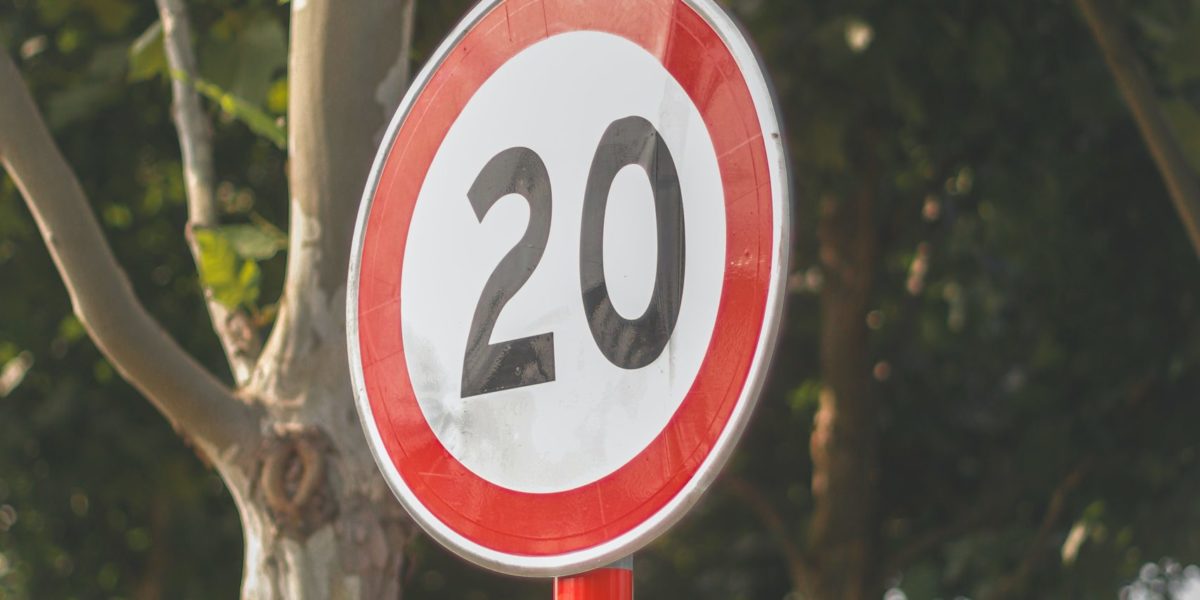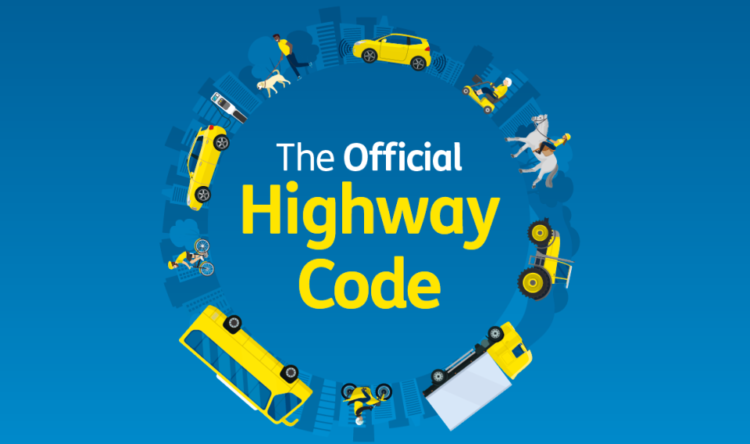20mph national speed limit by accident
Public supports sees lower limits growing coverage
The 20mph speed limit in built up areas is fast becoming the national norm.
That is the conclusion of the campaign supporting local adoption nationally – 20’s Plenty For Us.
“It is becoming increasingly clear that the national 30mph limit set nearly 100 years ago is neither wanted nor is fit to serve the needs of 21st century communities.”
Local support
Calls from communities across the UK for wide-area 20mph speed limits are increasing. It means the campaign is approaching the significant milestone of 600 local areas have adopted the speed limit.
Already this year, 42 new places have decided that ‘20 is plenty’ for their communities.
Demand witnessed a significant increase in interest during the last quarter of 2021. It seems to reflect a growing influence by county level campaigners, as well as parish and town councils voting for wide-area 20mph speed limits.
The call for lower speed limits from residents comes from across the country. From smaller towns and villages to urban centres, safer community environments are in demand. Some of this renewed interrest was sparked by lockdowns as people spent more of their time at home.
Growing numbers
28 million people across the UK already live in local authorities where wide area 20mph speed limits are the norm. Wales is leading the way by setting a 20mph national default limit on urban and residential roads (due in 2023). This is aligning with the global best practice outlined by WHO and the UN2. These call for 20mph (30kmh) to be the maximum speed limit on roads where vulnerable road users mix with motor vehicles.
Scotland too, is following the trend – all appropriate roads in built up areas will have a limit of 20mph by 2025.
But the movement seems to be accelerating its success across Britain. New cities and towns (Southampton, Faversham) and shire county local authorities (Oxfordshire and Cornwall) are among them.
Health and happiness
There is a growing awareness of the important role that lower speeds play in reducing danger. But there are other benefits too. It easier and safer to choose walking and cycling over car journeys for local trips. There are significant reductions in air and noise pollution resulting in a positive impact on physical health, from heart conditions to and lung disease.
20mph speed limits also create better-connected, inclusive communities. Reductions in road rage, increased daily exercise, less fear and loneliness, and better quality sleep from reduced noise levels bring mental health improvements. The campaign believe the groundswell of support points toward it becoming the default speed limit across the UK.
Default
Rod King MBE, founder and campaign director for 20’s Plenty, believes it will “soon” become “the norm”.
“There is a growing desire for lower speeds from both rural and urban communities by implementing wide-area 20mph speed limits.
“It is becoming increasingly clear that the national 30mph limit set nearly 100 years ago is neither wanted nor is fit to serve the needs of 21st century communities. Changing it to 20mph on a UK-wide basis is the logical next step.”
At fault
However, at present there are obstacles preventing the limits being entirely effective. Firstly the limits are not strictly enforceable without a change to national laws. Police do not enforce the limits even when thy are signposted. But also, while local communities may be in support the concept, there is little evidence that they obey them.
Making 20mph the legal default limit by law will be needed to change driver mentality. Becoming official government policy, enacted and highlighted in official campaigns is necessary. This would also lead to legal speed enforcement measures that could be utilised too. Change is slow.






